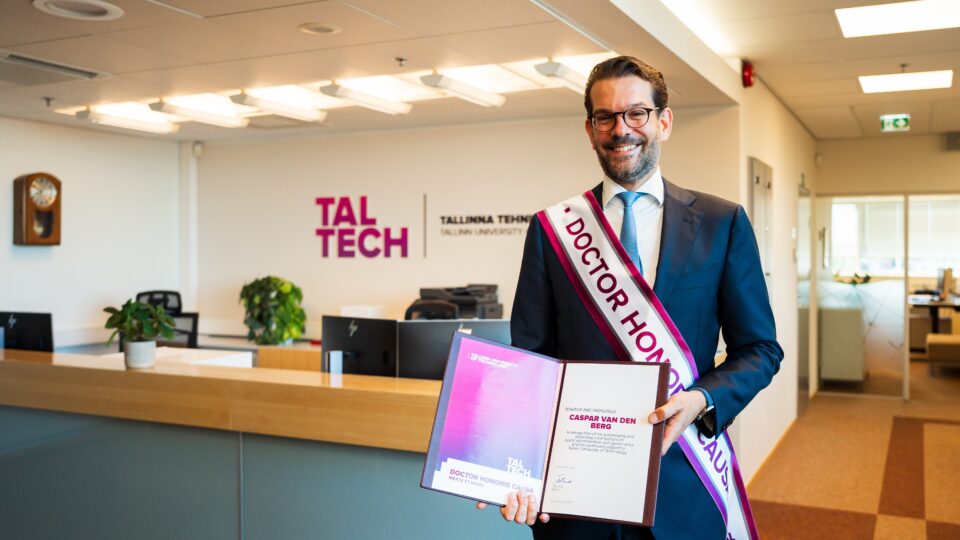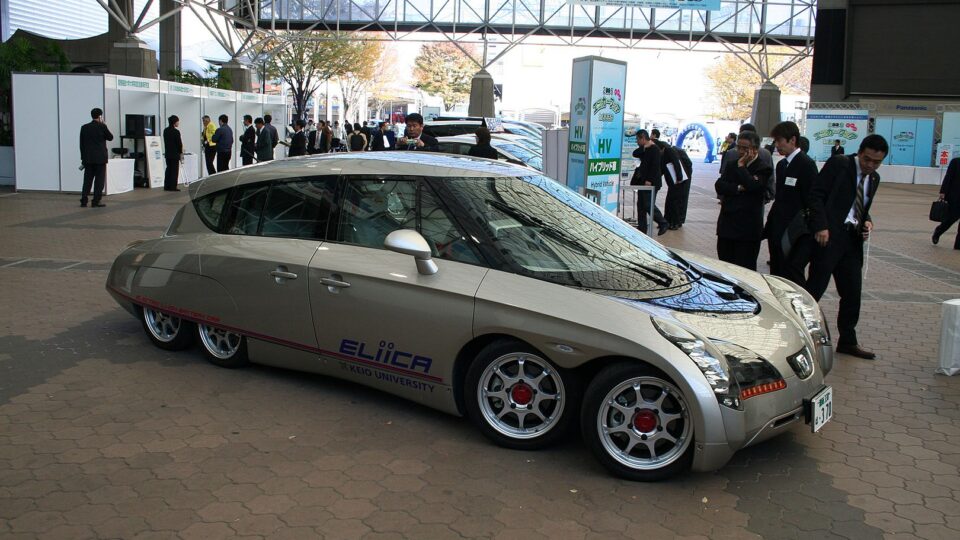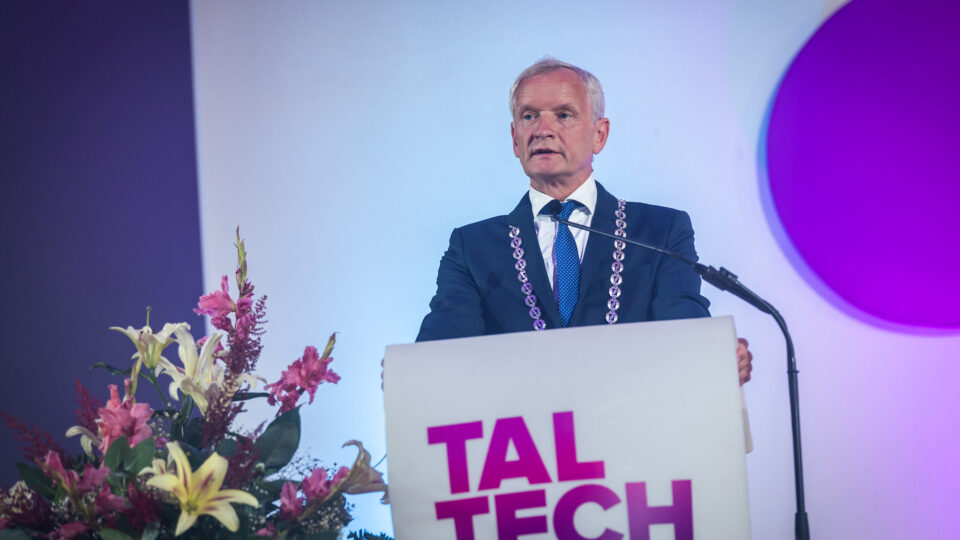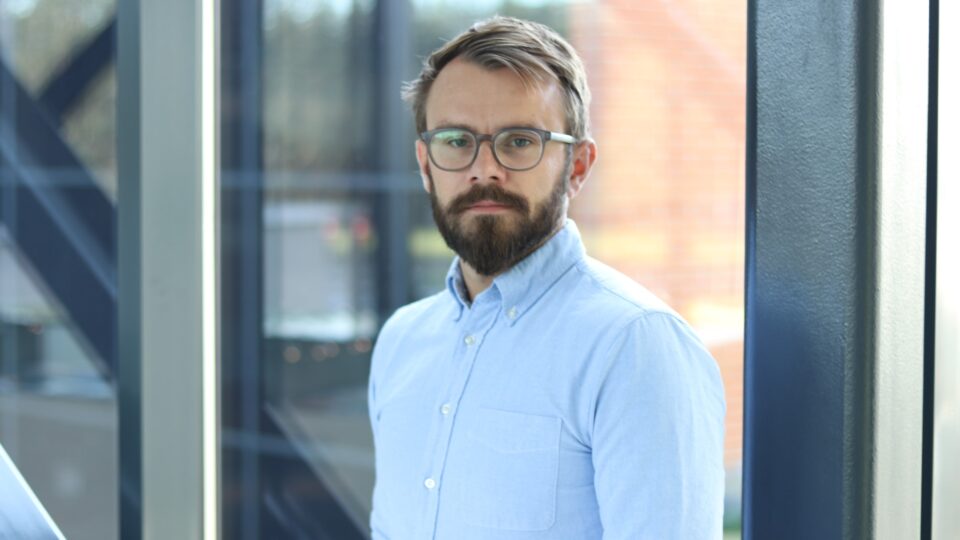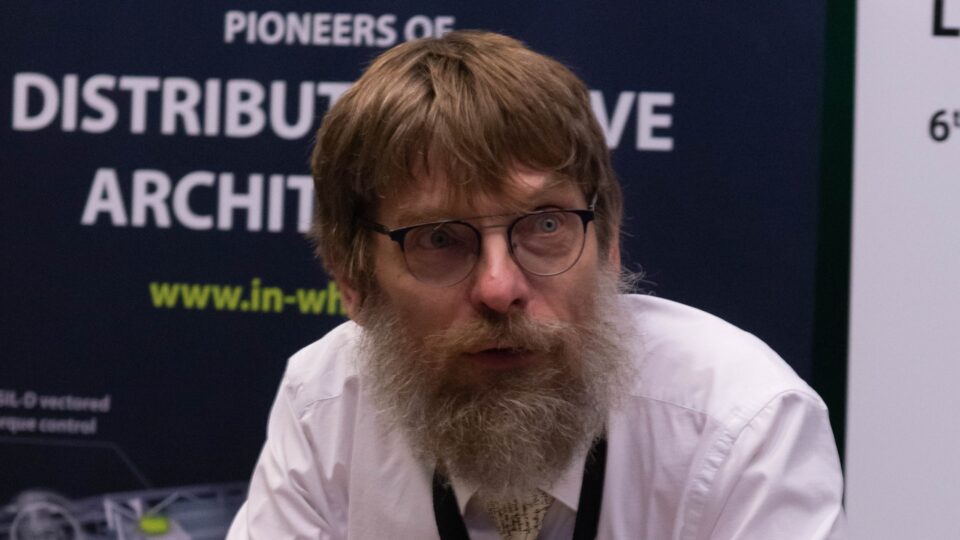Lately, there has been much debate about how scientists should communicate their research and its results to the public and to what extent they should shape public opinion based on scientific evidence. Are scientists visible enough? If so, could they do better? If not, why is that the case?
Opinion
Professor Caspar van den Berg of the University of Groningen writes that universities must balance protecting academic freedom and meeting societal needs to maintain their independence and legitimacy.
Artificial intelligence represents both a challenge and an opportunity, as it is transforming science, education, and everyday life. TalTech's AI lead, Sven Nõmm, emphasizes the need to find the best possible balance between promoting innovation and adhering to ethical principles.
One ton of mobile phones contains more precious metals than one ton of ore. We need to turn our focus toward the circular economy.
The growing complexity of discoveries challenges both scientists and a society that often prefers simplicity over complex truths. TalTech and other research institutions should take part in addressing this issue in a systematic way.
Electric cars have made rapid progress over the past decade, but the European automotive industry is facing serious challenges. It may take a few more years before Europe rolls out its own affordable electric vehicles – but one day, we’ll all be driving electric cars anyway, writes Jüri Rute.
Could Estonia be a country where everyone masters mathematics like their mother tongue? TalTech rector Tiit Land believes that this is precisely what would ensure success in the future – and calls for a reform in the way mathematics is taught.
A woman can be a better engineer than a man, but women could use more confidence, says Katriin Kristmann, a doctoral student and junior researcher at TalTech.
The focus of future innovation policy should not be narrowly economic, but on broader societal benefit.
Has the development of the Energy Sector Development Plan 2035 taken into account the possibility that by 2035, almost every household and business could have its own solar power system?

